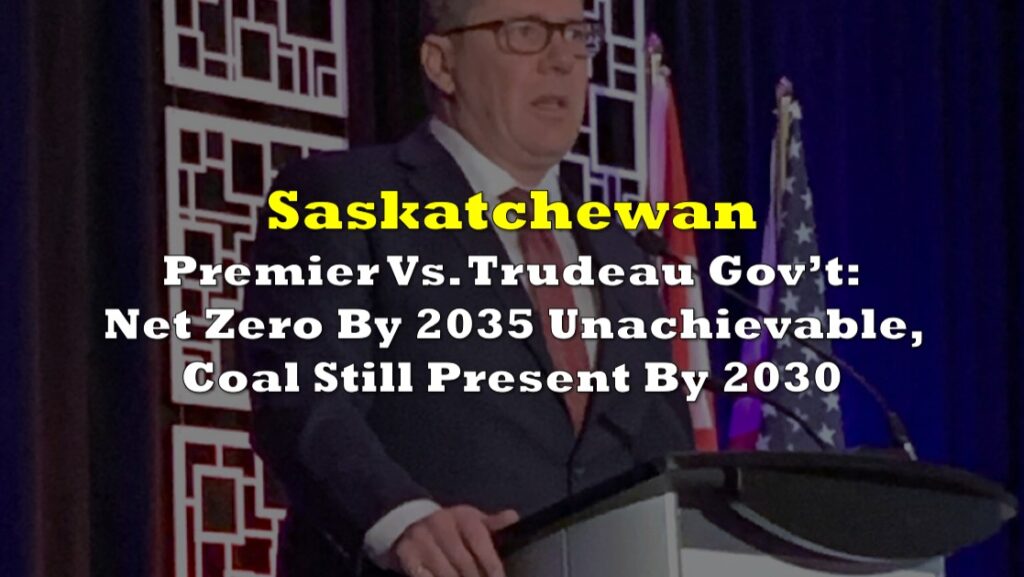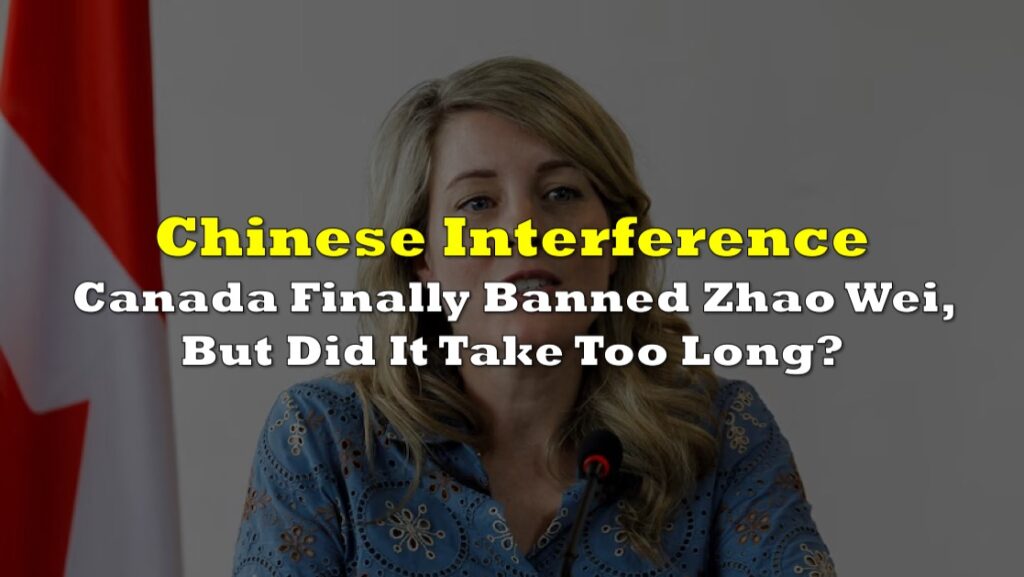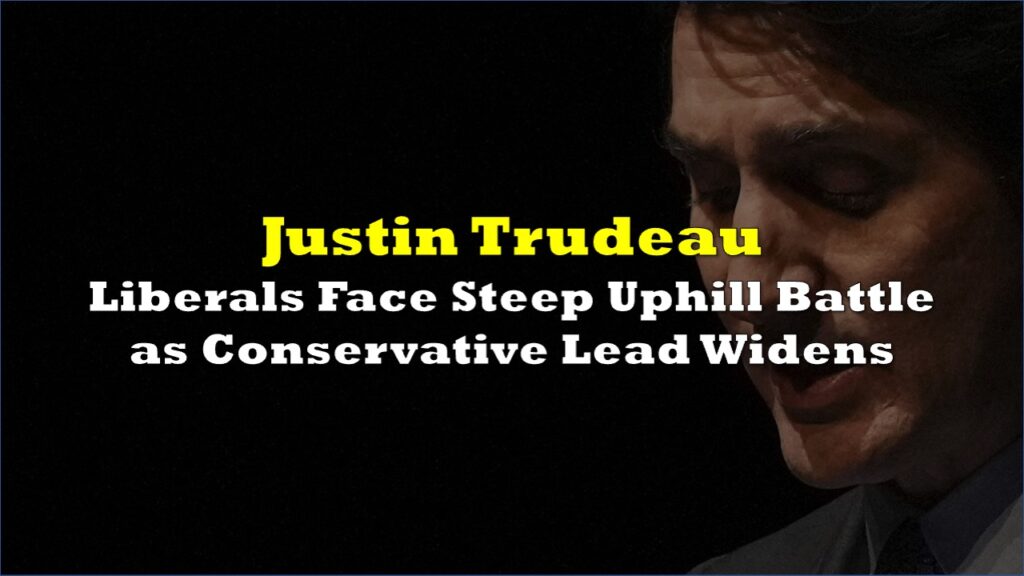In a recent exposé, an unsettling correlation between significant donors to Canada’s Liberal Party and subsequent appointments to federal judicial positions was revealed. An analysis conducted by the National Post and the Investigative Journalism Foundation (IJF) suggests that superior court justices may have been wining and dining with the prime minister or the deputy prime minister at Liberal Party fundraisers, right before being handed their shiny new judicial gavels.
It turns out that since 2016, a disproportionately high number of Liberal party donors got cozy seats in judicial office, more than thrice as many as their Conservative counterparts. Makes you wonder if they were serving more than just hors d’oeuvres at those fundraisers, huh?
This revelation originates from a thorough 8-month investigation, where federal judge appointments were cross-referenced with fundraiser attendees from Elections Canada’s Regulated Fundraising Events Registry (2019 onwards) and past records on the Liberal Party’s website. Federally, any fundraising event costing more than $200 a ticket and featuring a prominent political figure must be reported.
Naturally, the findings raise eyebrows. Take the example of individuals like Robert Armstrong and Michel Bourque from Calgary: both attended several Liberal fundraisers, often alongside influential cabinet members, shortly before figures with matching names were appointed to Alberta’s Court of King’s Bench. Records show a Robert Armstrong attending three major Liberal fundraisers from 2017 to 2020. Meanwhile, a Michel Bourque appeared at five events between 2017 and 2021, with prominent figures like Prime Minister Justin Trudeau and Deputy Prime Minister Chrystia Freeland in attendance.
Freeland just said responding to media re: this shocking report she was “not familiar with this report”.
— Sen. Denise Batters (@denisebatters) August 29, 2023
Yet report states some now federally-appointed judges were at Liberal fundraising events with Freeland!
Is Freeland saying she wasn’t briefed on this prior to a major scrum? https://t.co/ukYfezaDAS
The story thickens. Armstrong, Bourque, and Kevin Feth (another potential judge) were all members of the Laurier Club, an exclusive circle maintained by the Liberal Party for their top donors. To enter this club, one must donate a hefty $1,700 annually.
However, the connection remains speculative. Despite rigorous attempts to clarify, neither the Post nor IJF could get any of the suspected judges to comment on their potential affiliations or attendance at these fundraisers. Likewise, Jana Steele, a prominent figure appointed to Ontario’s Superior Court of Justice in 2020, attended multiple Liberal events in preceding years. But when reached for comment, Steele remained silent.
When quizzed about the apparent correlation between being a Liberal donor and snagging a judicial position, a spokesperson for the Prime Minister’s Office, Mohammad Hussain, refuted the claims, emphasizing their “merit-based” appointment system. Though when probed further another spokesperson, Alison Murphy, seemed to perform a verbal tap dance around whether the PMO uses attendance at fundraisers to gauge a candidate’s political flavor.
Although the prime minister possesses the final say in these appointments, the fact remains that there’s no legal obligation for him to stick to recommendations. Lori Hausegger, a Canadian judicial appointment process expert, thinks we could use a little more transparency when it comes to the PM’s pick of the judicial litter. She astutely points out the difference between choosing someone “recommended” who may have attended a fundraiser over someone “highly recommended” who didn’t.
Duff Conacher, co-founder of Democracy Watch, a non-partisan organization, highlighted how this might erode public trust in the judicial system’s impartiality. The fact that potential judges might be gaining favor by attending fundraisers with the PM offers an unsettling glimpse into potential power plays behind the scenes. The very existence of elite clubs like the Laurier Club, where political face-time can seemingly be purchased, feeds into these fears.
Moreover, Democracy Watch isn’t just sitting around. They launched a court case against the government in 2022, suggesting this “too-political” judicial appointment system violates the Charter. But the ambiguity continues. Would-be judges first submit an application, followed by a review period that leaves them eligible for consideration for two years. The timeline of their potential attendance at Liberal events versus their application submission remains unclear. Yet, it’s evident that attendance at such events doesn’t guarantee one-on-one time with top Liberals.
Just to give this a full circle, between 2016 and 2020, a staggering 78.4% of judges who donated were found to be Liberal supporters. This figure dropped only slightly, to 72%, from 2020 to 2023. And to throw a cherry on top, Hausegger argues that these findings contradict the Trudeau government’s promise of boosting diversity on the bench. As she puts it, “political connections are not equally enjoyed.”
In short, in the quest for a cozy judicial seat, it seems money talks. And in this case, it might just be saying, “Liberal.”
Information for this briefing was found via the National Post and the investigative Journalism Foundation. The author has no securities or affiliations related to this organization. Not a recommendation to buy or sell. Always do additional research and consult a professional before purchasing a security. The author holds no licenses.









